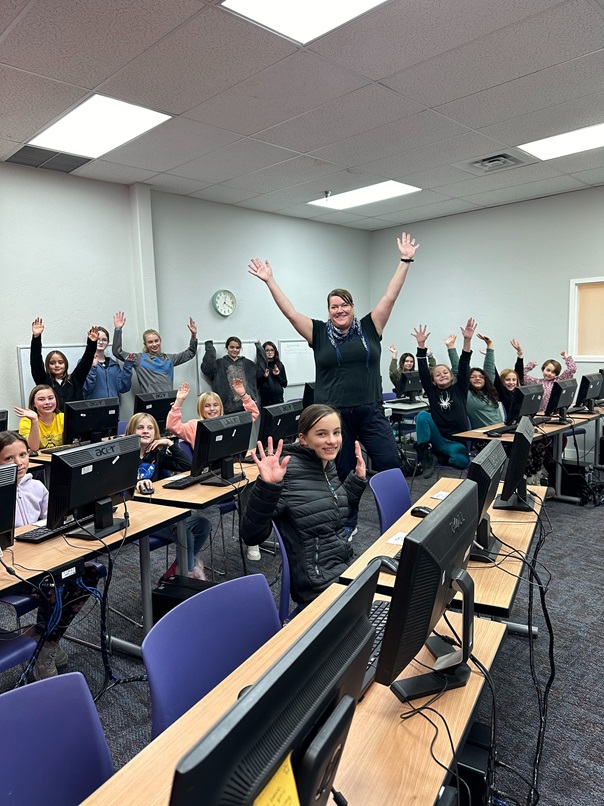
Code Girls United: Computer Science Opportunities for Rural and Native Girls
Code Girls United is fighting some dire statistics in regard to women and girls; whereas during the 1990s 35 percent of computer science jobs were filled by women. Rather than getting better, things are getting worse. In 2024, only 24 percent of computer science jobs are filled by women. But here’s the worst part—only 1 percent of these jobs are held by Native American women.
There just aren’t opportunities for rural and Native American girls to have their interest in computer science, piqued. Public schools aren’t required to teach coding and computer science, and the girls have no other way to access these disciplines. What this means is that they can’t get good jobs in the field of technology that could help them get ahead. And that’s not fair.
Code Girls United is giving these girls the chance they have been denied with its comprehensive computer science programing geared especially to their needs. The organization is giving these girls a chance at better, and certainly more fulfilling lives. We are proud to support this initiative by way of our small grants program, because we believe in this work.
We put some questions to Code Girls United CEO Marianne Smith to learn all about this remarkable initiative that is empowering girls to reach their fullest potential:
Kars4Kids: Tell us something about your demographic. Who are the girls that you serve?
Marianne Smith: Code Girls United serves 4th – 8th grade rural and tribal girls.
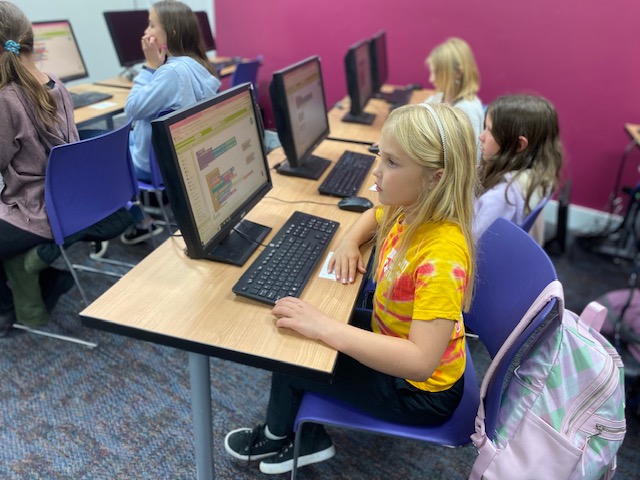
Kars4Kids: When was Code Girls United founded and why?
Marianne Smith: I started a class in 2016 in the basement of a local restaurant, but we officially became a nonprofit in July of 2018. The reason I started the organization was because I taught Computer Science at our local community college and had few if any females in my classes. It was evident that the lack of Computer Science learning opportunities for girls especially younger girls was lacking. With the support of two women, Liz Bernau and Beth Schecher, we created a curriculum and program geared towards the interests of girls in the 4th-8th grade with the intent to provide a pipeline to dual credit or elective options in high school.
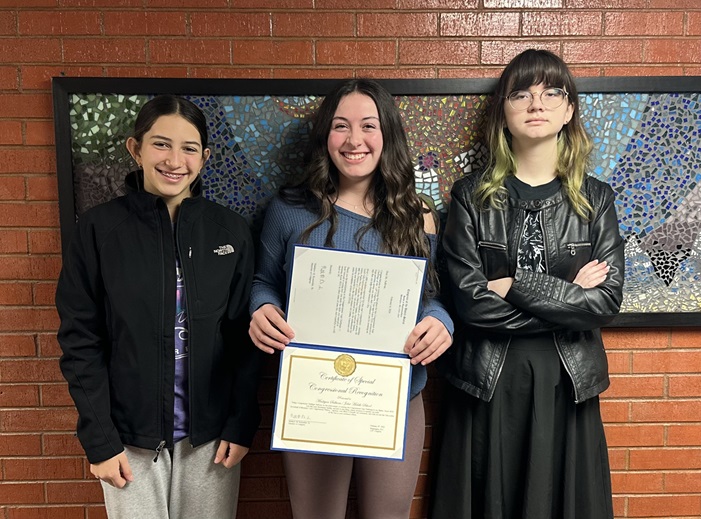
Kars4Kids: Why coding—and why is it so important for rural and native girls to learn computer science?
Marianne Smith: Computers are a part of everything and the children who learn how to control those computers or understand them will be well equipped for the future. Many states like Montana do not require Computer Science curriculum for k-12 education. Rural and Tribal students are dispersed geographically so learning Computer Science learning opportunities are less available especially with districts struggling to cover the basics. It is important that our Rural and Tribal girls are not left behind educationally. There are so many opportunities in the technology world, and by not receiving that initial introduction to Computer Science, girls are shut out of the option for well-paying and rewarding jobs.
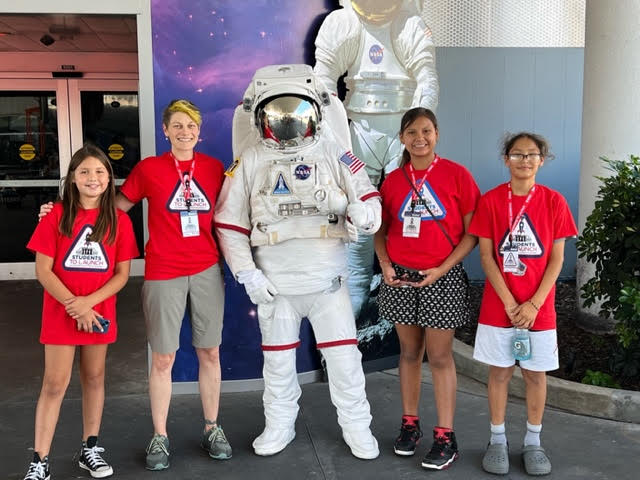
Kars4Kids: Social emotional growth is part of your focus. How does that fit in with the Code Girls United focus on computer science?
Marianne Smith: Our program not only teaches Computer Science concepts and coding, but also has a business component. The second half of the school year, girls form teams and choose a community problem. They are tasked with creating a business plan, design specifications, coding the app itself, and making presentations to judges. This real-world simulated software company experience gives girls the opportunity to learn how to work as a team, how to divide up tasks, how to set goals, how to meet deadlines, how to make decisions as a team, and that final presentation with a public speaking aspect and more importantly the opportunity to defend your work. These are all Social Emotional learning opportunities that will serve the girls in the future no matter what path they choose.
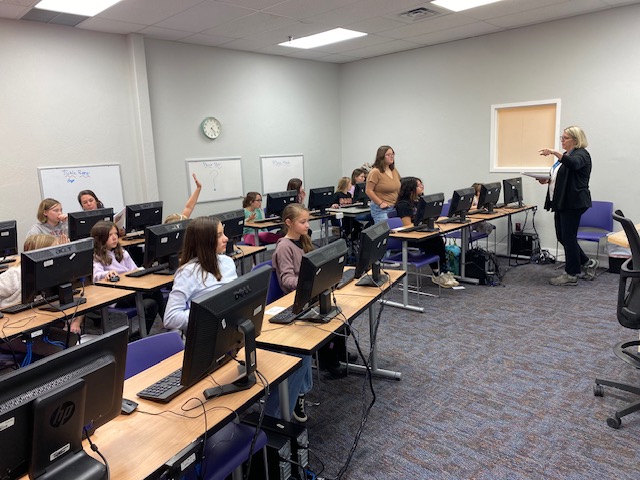
Kars4Kids: “Problem solving power” is an important component of what you strive to offer your young participants. How are you teaching problem-solving at Code Girls United?
Marianne Smith: Our second half of the year is literally solving a problem. The girls study their community problem with research, they typically will reach out to individuals or organizations that are facing the problem, and as a part of their business plan they write a proper problem statement that guides the team through the rest of the development process. The key for our program is that the girls are learning how to use technology to solve the problems they care about. We do not dictate their problem choices, but guide them to help them determine how technology or an app will solve the problem.
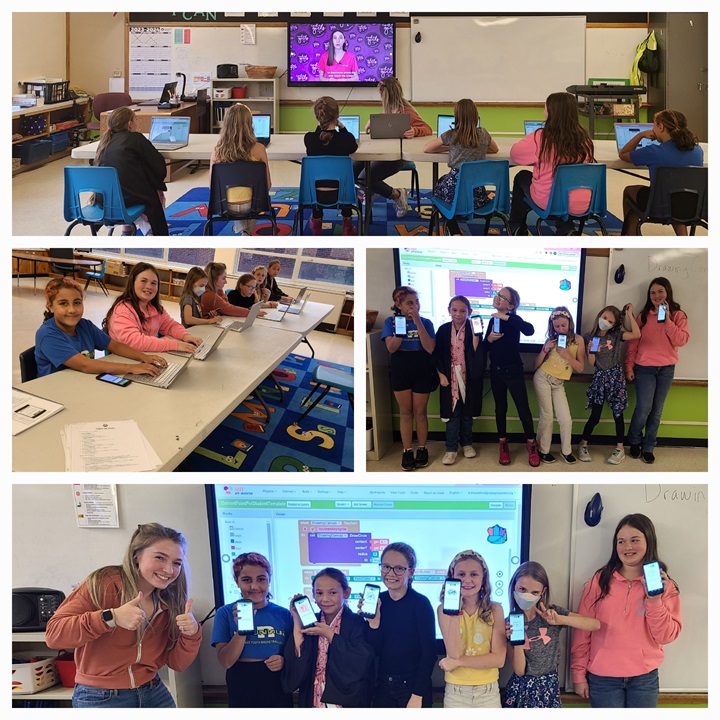
Kars4Kids: In addition to coding/computer science, Code Girls United has a lot of other stuff going on. For example, marketing best practices, business development, and entrepreneurship. What can you tell us about these components of your program?
Marianne Smith: That second half of the year is all about business. They are working on real problems that they see are important and learning how to frame those problems into solutions from a business perspective. It’s extremely powerful and rewarding to see the projects the girls try to tackle, and then listen to them pitch their finished project to judges in order to compete for scholarship prizes.
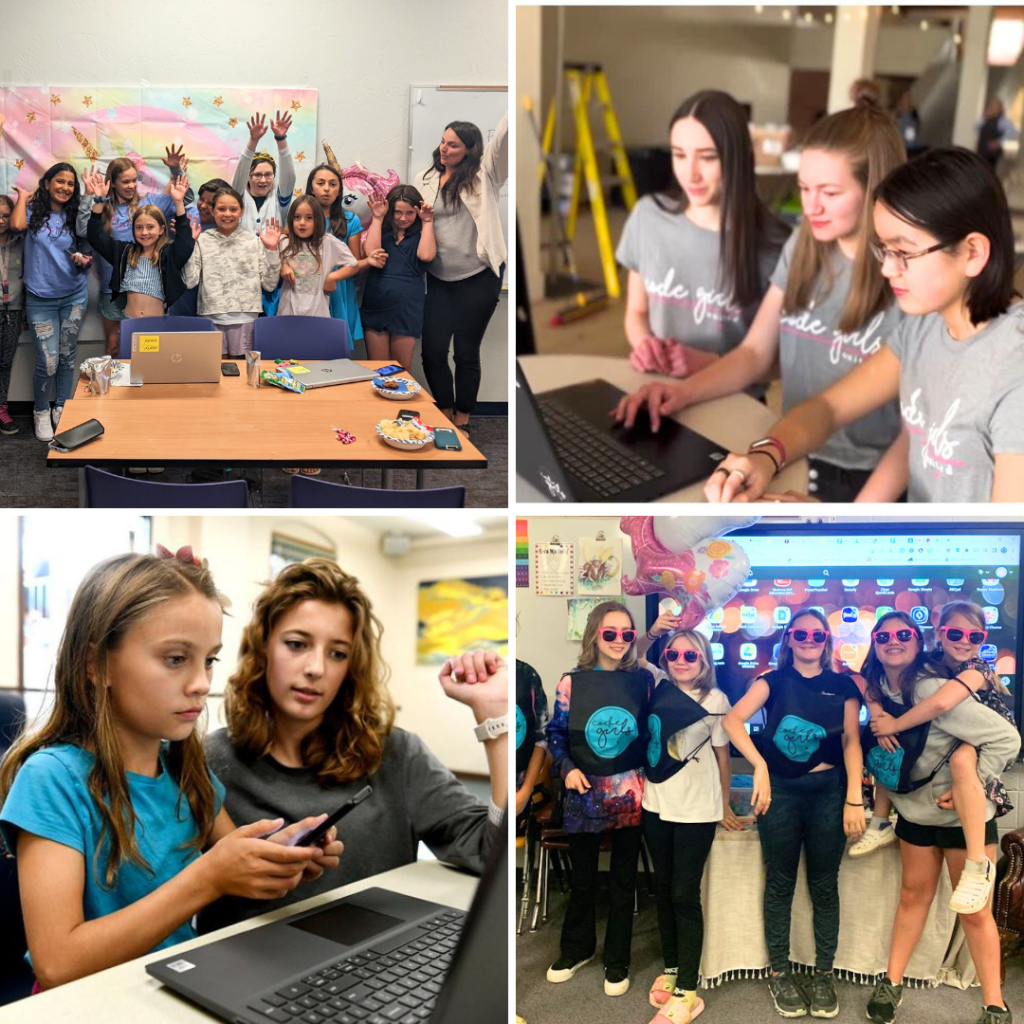
Kars4Kids: Your website mentions 38 programs. That’s a lot to tackle. How are you managing it all? How many staff members do you have?
Marianne Smith: We have had substantial growth over the last few years. Covid forced us to put all of our content online quickly, but it also led us to fully online programs so we can serve more girls in remote areas. We have run our nonprofit as a business in the “startup.” We are reaching the end of that “startup” phase and creating more structure so that we can scale while remaining sustainable. We have 10 employees across the state. Most are fulltime, some are parttime. We had over 560 girls sign up for school year long program this year, and we haven’t started registering girls for our summers camps which is looking now close to 20+ locations. Additionally, we are serving Tribal high school girls with shorter half-day programs.
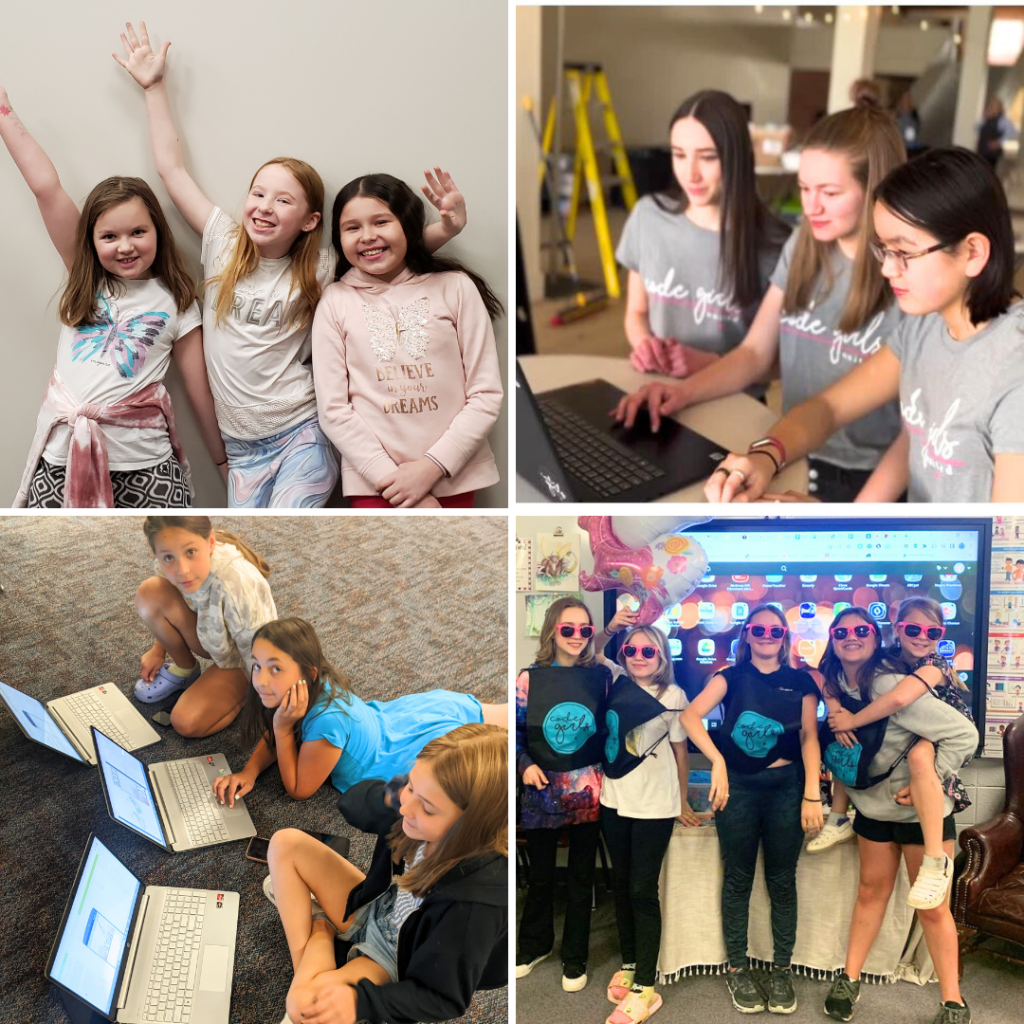
Kars4Kids: Talk to us about MIT’s AppInventor. What is it and how are you using this in your work with the girls?
Marianne Smith: AppInventor is a great tool for our girls to learn Computer Science concepts, learn to code with block code, get creative with design, and have immediate feedback testing the apps they create. There’s no need for the girls to write complex lines of code which is great because some of our 4th graders don’t have the greatest typing skills. Also, Appinventor has been around for many years now, and has a supportive community of developers who continue to provide tips.
Kars4Kids: We’d love to hear about App Challenge. Can you describe some of the prize-winning apps that have been created by the participants?
Marianne Smith: We have girls tackle many different issues over the years from apps for lost pets, water bottle filling stations, math and spelling apps for younger kids, mental health, physical fitness, blood disorders, saving Montana’s native cutthroat trout, recycling, how to read analog clocks, how to make friends, human trafficking, abuse, babysitter connections, contaminated water, how to find local food, veterans care, healthy eating, teen money management, learn the Nakoda language. We have given out 55 scholarships over the years and are gearing up for our 2024 App Challenge on April 27th. We expect to give out up to 24 scholarships this year as our program continues to expand.
Kars4Kids: What’s next for Code Girls United?
Marianne Smith: We will continue to expand throughout Montana partnering with organizations like the United Way, the DoD Starbase program, Boys and Girls Clubs, schools, libraries, and other youth organizations. Additionally, we expect to expand to Wisconsin in the 2024-2025 school year, and to South Dakota in the 2025-2026 school year partnering with the DoD Starbase program in the Ellsworth Air Force base area.